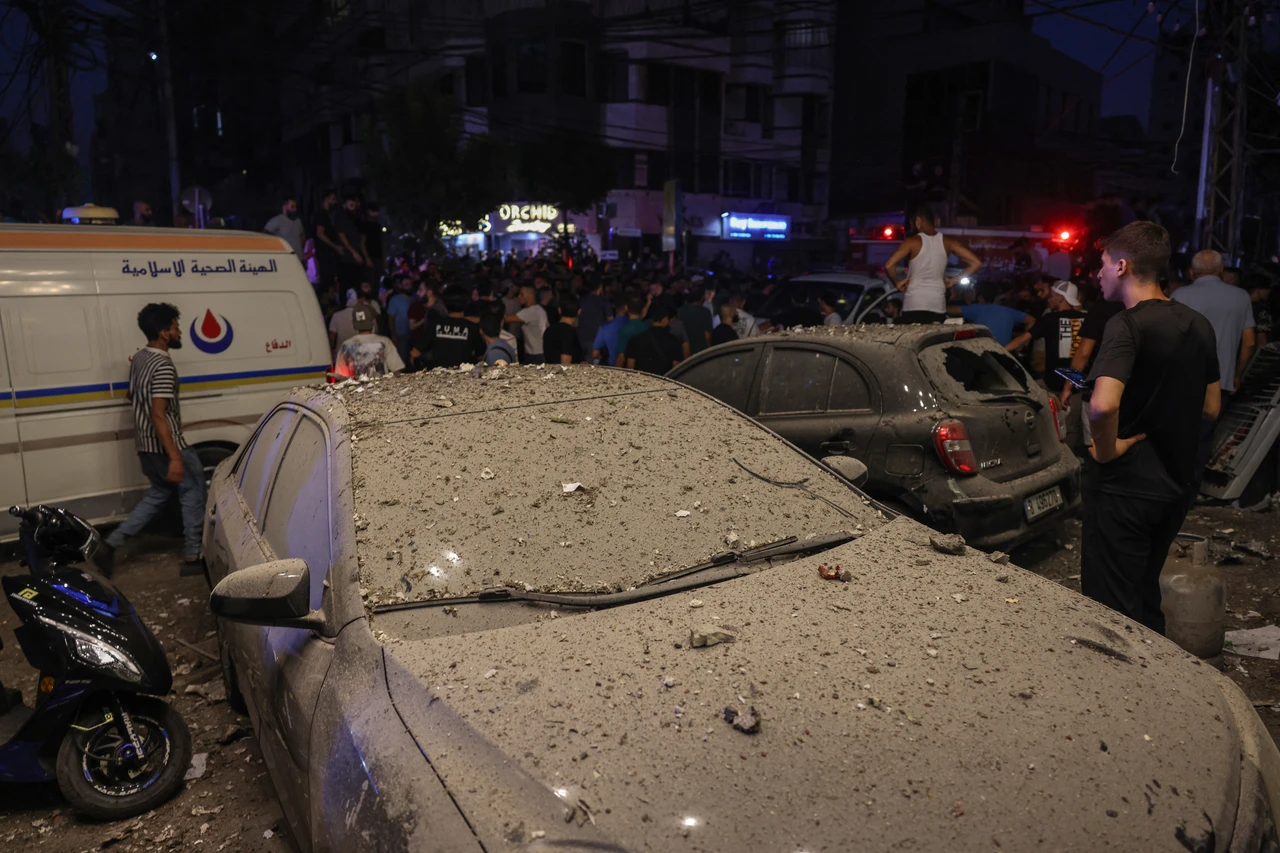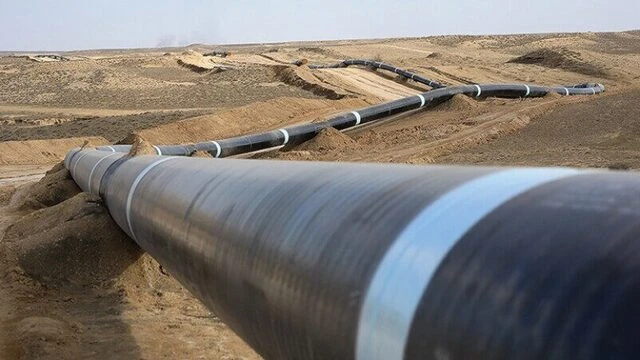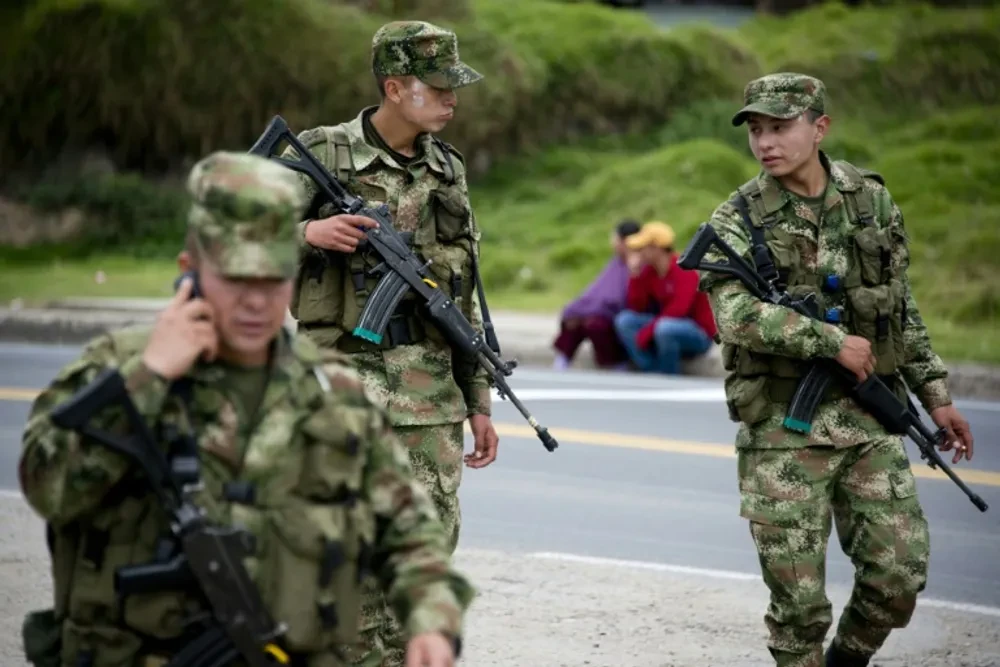Israeli airstrikes target Lebanese capital Beirut in regional escalation
 Debris cover damaged vehicles following an Israeli military strike on Beirut's southern suburbs on July 30, 2024. - (AFP Photo)
Debris cover damaged vehicles following an Israeli military strike on Beirut's southern suburbs on July 30, 2024. - (AFP Photo)
In a dramatic escalation of regional conflict, Israeli airstrikes hit southern Beirut on Tuesday, targeting areas known for Hezbollah operations. The strikes, which follow a rocket attack on the Israeli-occupied Golan Heights, have led to significant damage and civilian panic.
Casualties and reactions
The Israeli military confirmed that the airstrikes were a direct response to the rocket attack in Majdal Shams, a town in the Golan Heights, which resulted in the deaths of 12 people and injuries to 35 others. The strikes specifically aimed at Fuad Shukr, a senior commander in Hezbollah, who is a close advisor to Hezbollah leader Hassan Nasrallah.
Hezbollah-affiliated channels are reporting that Fuad Shukr, the alleged target of the Israeli airstrike in Beirut, is still alive. While Israeli sources, including Channel 12, report that Hezbollah’s second-in-command Hajj Mohsen has been killed, Iran-based Sabreen News claims that Hasan Nasrallah’s military advisor, Fuad Shukr, has also been killed.
As news of the Israeli airstrike targeting Hezbollah’s senior commander Fuad Shukr—also known as Hajj Mohsen—reached the Lebanese public, crowds began to flood into the streets of Beirut. Demonstrators gathered in large numbers to demand revenge for Shukr’s assassination and to show their support for Hezbollah leader Hassan Nasrallah.
Israel’s Defense Minister Yoav Gallant declared that the Lebanese armed group Hezbollah had “crossed the red line,” following the military strike in southern Beirut. Gallant wrote on X, shortly after the Israeli military confirmed it had targeted a commander linked to the Golan Heights attack.
Pulbic disruptions
The airstrikes caused large explosions and a thick plume of smoke over southern Beirut. This attack has further heightened the already intense situation in the region, resulting in a significant disruption to daily life.
Beirut’s main airport saw numerous flight cancellations and delays, with many flights suspended from 8 PM local time to 7 AM the next morning. The Middle East Airlines (MEA) attributed these disruptions to technical issues related to aircraft insurance.
The Israeli military’s airstrikes have not only targeted military objectives but also led to substantial damage in civilian areas, contributing to widespread panic among residents. Lebanese officials have condemned the attacks and called for an immediate end to the violence.
The escalation comes amid increasing fears of a broader conflict. Lebanese Prime Minister Najib Mikati condemned the strikes and urged adherence to United Nations Security Council Resolution 1701, which seeks to maintain peace and security in the region. Hezbollah had vowed to respond to Israeli aggression and prepare for any potential ground operations by Israel.



